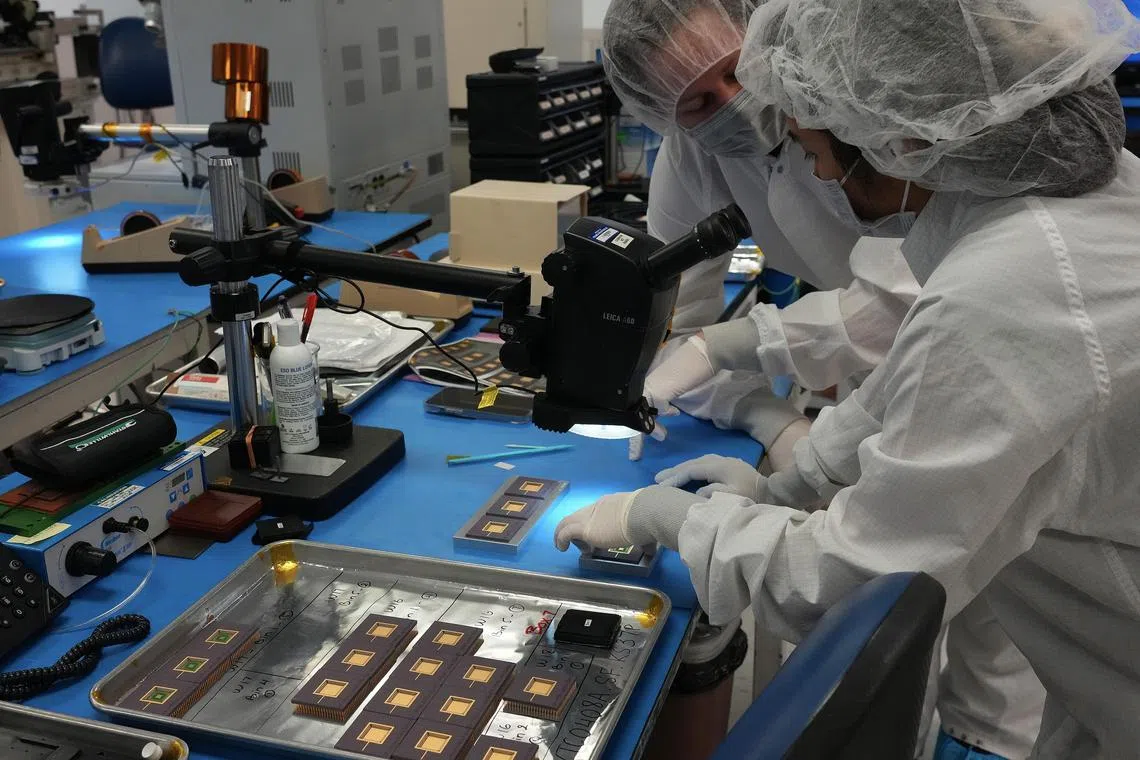For subscribers
How ‘decoupling’ from China became ‘de-risking’
De-risking may feel more diplomatic than decoupling but requires tough, in-the-weeds decisions and solutions.
Sign up now: Get ST's newsletters delivered to your inbox

"De-risking" is meant to sound more moderate, more surgical, but it also has a vexing history in financial policy, notes the author.
PHOTO: NYTIMES
If diplomats were on TikTok, “de-risk” would be trending. The word has suddenly become popular among officials trying to loosen China’s grip on global supply chains but not cut ties entirely, with the joint communique from this weekend’s Group of Seven meeting making clear that the world’s largest democratic economies will now focus on “de-risking, not decoupling”.
The former is meant to sound more moderate, more surgical. It reflects an evolution in the discussion over how to deal with a rising, assertive China.


